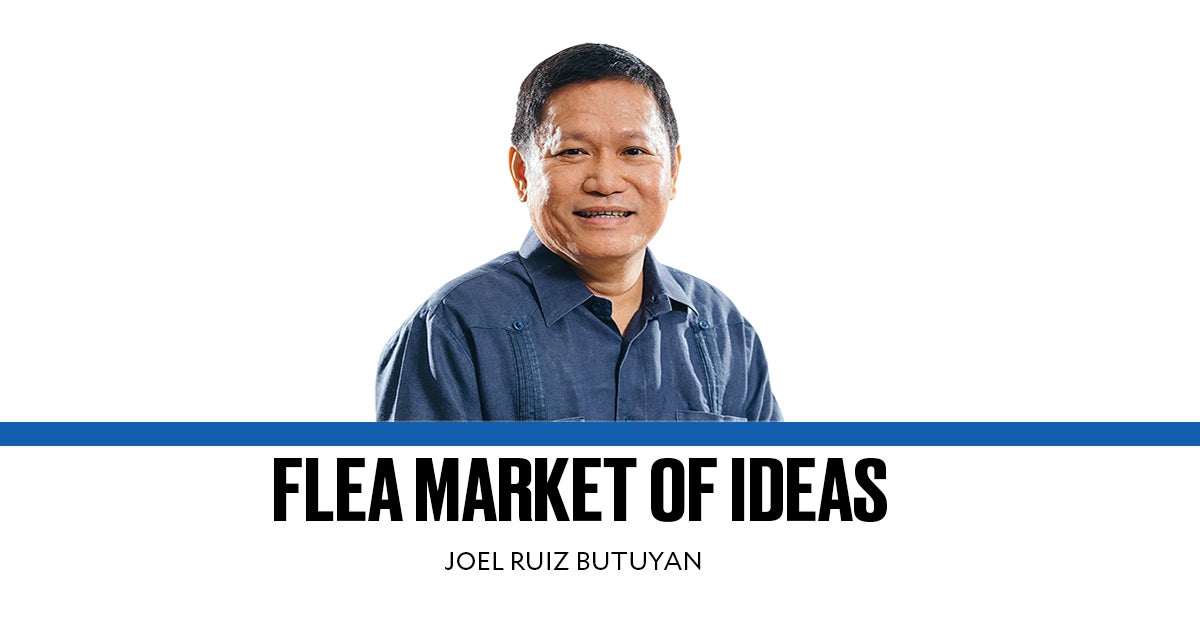Yearning for a strongman

For 14 years from 1972 to 1986, our country was under a strongman who ruled against the will of the people. For 12 years beginning in 2016 and until 2028, our country will have been under two successive presidents who were chosen to rule as strongmen by the will of the people.
The late dictator Ferdinand Marcos Sr. ruled with an iron hand until his ouster in 1986. In 2016, Rodrigo Duterte ruled even as a more ruthless strongman. In 2022, Ferdinand Marcos Jr. was chosen as our country’s next president, with the expectation that he will likewise rule as a strongman.
Will President Marcos satisfy our people’s yearning for a strongman by the time he ends his term in 2028, thereby whetting up our people’s desire for another strongman as his successor? Or will people get disillusioned with the model of a strongman leader, thereby making voters go back to electing leaders based on their adherence to democratic principles? Or will people’s expectations of a strongman get unfulfilled under the current administration, making them yearn for another strongman in 2028?
To his credit, while Mr. Marcos was overwhelmingly elected with a blank-check mandate to rule as a strongman, he has shunned exercising the kind of iron-hand rule that was associated with his father and his immediate predecessor. While this augurs well for Philippine democracy, it may not be sitting well with a massive number of voters who has been expecting him, and who intensely wants him, to rule as a strongman.
Based on the results of our past two presidential elections, there exists a huge number of voters who has a strong preference for a strongman-leader who will disregard political niceties and who will ram through the nation’s throat gung ho solutions that will fast track the significant reduction of our people’s perennial problems—massive poverty and rampant crimes. Widespread corruption is, of course, another gigantic scourge that plagues our country. However, people are willing to overlook our leaders’ corrupt ways for as long they offer effective solutions to poverty and crime.
There’s a growing indication that strongman-inclined voters are getting disillusioned with Mr. Marcos. They’re disappointed that Mr. Marcos has not turned out to be the ruthless tyrant that they expected him to be. These people view Mr. Marcos as “soft” and “weak” because he shares the traits they despise among the “dilawans” or “pinklawans” which are as follows: inclined to niceties, politically correct, and mouths democratic principles.
What’s the effect of all these on the ongoing Marcos-Duterte conflict? On one hand, the Marcos actions to thumb down the Dutertes may really achieve the purpose of weakening the latter’s chances of claiming back Malacañang in 2028. On the other hand, Mr. Marcos’ failure to satisfy the huge yearning for a strongman, may solidify support for Vice President Sara Duterte for the 2028 presidential elections. A third possibility is that, with all the conflict and unmet expectations ruining the reputation of the Dutertes and Marcoses as archetypes of strongman rule, voters may shift their support in favor of other strongman models like Sen. Raffy Tulfo.
One unfortunate nonrealization by people who desire strongman rule is their failure to recognize that tyrants do not do better and, in fact, have even worse records in solving our core problems of poverty, crime, and corruption. During both the Marcos dictatorship and the Duterte regime, poverty worsened, criminality were even more widespread because our security forces became virtual criminal organizations, and corruption got more serious. Both the Marcos and Duterte regimes were merely good on sound and fury, theatrics, and cosmetic solutions, but they never came up with genuine solutions that really improved people’s lives. From all indications, the current Marcos administration will not fare any better, although its saving grace is that it’s not tyrannically brutal like the two previous autocrats.
Our people have been disillusioned with leaders perceived to be adherents of democracy (1986 to 2016) because they failed to root out the political warlords and business villains who have been the fundamental causes of our societal problems. By swinging the pendulum and shifting allegiance to autocratic leaders, our disillusioned voters don’t realize that strongman-leaders have an even more terrible history of consorting and conspiring with political warlords and business villains.
Our country has given leaders identified with democracy a 30-year chance to improve people’s lives, before disillusionment set in. Will our people give the next 30 years to a succession of strongman leaders before we wake up to realize that they are far worse choices in solving our societal problems?
—————-Comments to fleamarketofideas@gmail.com
















